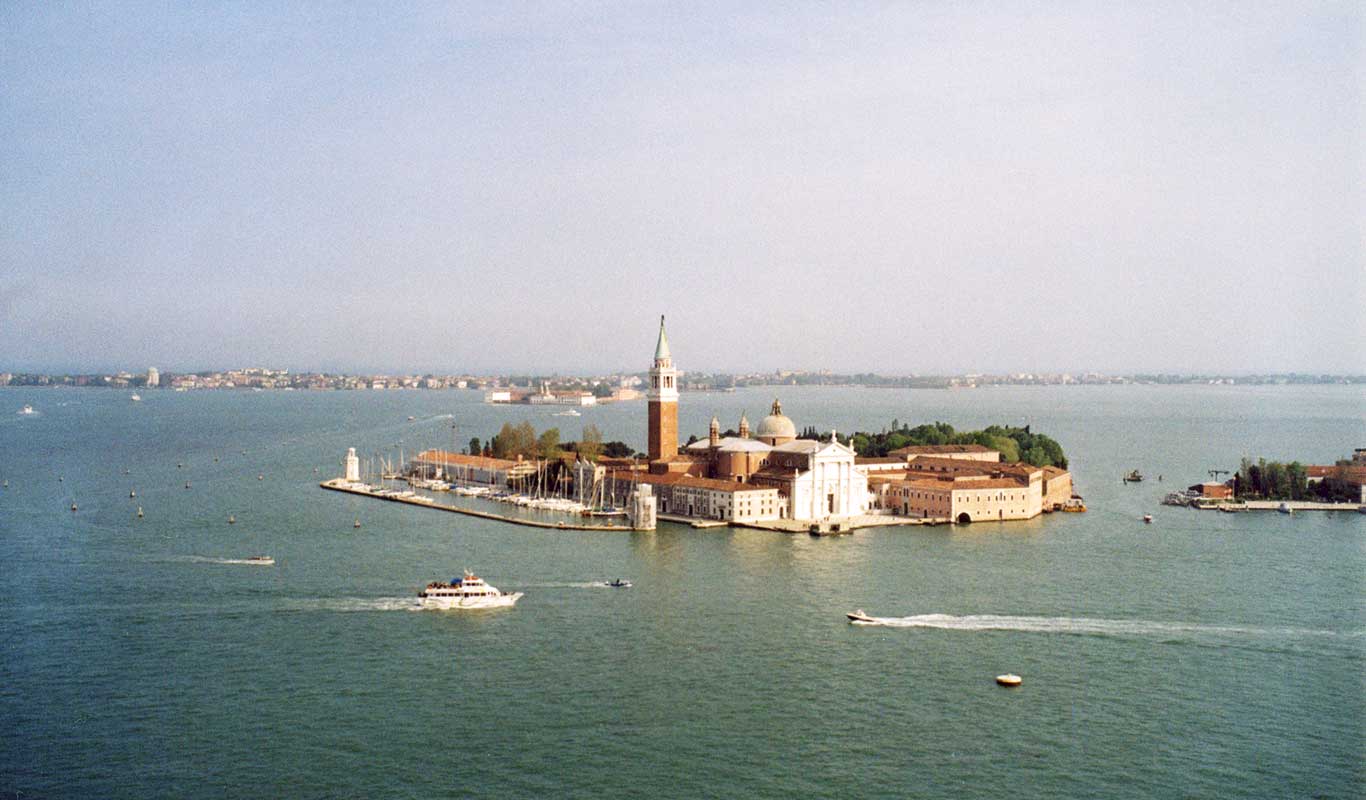Felice Casson

Felice Casson is presently a Member of the Senate of the Italian Republic.
He obtained a law degree from Padua University and entered the magistracy in 1980 as an investigating magistrate. He was subsequently appointed judge responsible for preliminary investigations and was public prosecutor in Venice from 1993 to 2005.
He holds the top grade in the Italian Judiciary as Court of Cassation, with superior administrative functions.
He has been on leave since 2006 following his election to Parliament.
In 2008 he was re-elected to the Senate and elected Vice-President of the Democratic Party Group.
As magistrate, among the many investigations conducted by Mr Casson, epescially in the field of terrorism, the fight against corruption, environmental security, the protection of workers and citizens from exposure to carcinogenic agents, are those on the Peteano massacre, disloyalty of the intelligence service and the State apparatus, terrorism and radical right-wing and international subversive organizations, global trade in warfare material, the GLADIO case, political corruption in the Veneto Region, the fire of La Fenice Theatre in Venice, the trials over deaths from VCM, PVC and asbestos in Marghera, investigation into environmental pollution, disorders caused by depleted uranium and radio spectrum pollution.
As senator, he was member of the following committees: Committee on Elections and Parliamentary Immunity
Committee on the Prosecution of Government Members
Standing Commission on the Justice
Committee of Enquiry into Depleted Uranium
Committee on Workplace Deaths
In particular, he introduced and promoted bills on the fight against corruption and organized crime, the streamlining of civil and criminal law proceedings, safety and prevention measures for workers exposed to genotoxic, carcinogenic substances likes asbestos and VCM, environmental crime, population safety and the protection of crime victims.
He taught Law of Environment at the Venice Istituto Universitario di Architettura and the International Telematic University Uninettuno.
He is a member of the scientifc board of the Venice International Academy of Environmental Sciences (IAES).
He authored several books, including:
Lo Stato violato, 1994
Segreto di Stato e Ragion di Stato, 1992
La fabbrica dei veleni, 2007
Science, policy and law
Over recent decades, science has become increasingly influential not only with respect to political and economic decisions, but also individual rights and the administration of justice. As a result of the interaction between science, policy and law, a new type of relationship has been established between “scientists” and the rest of the world. In a democratic and liberal society, the uncertainties of science and the emergence of (more or less overt) conflicts of interest of various kinds require the political decision-takers and the judiciary to act with greater caution and respect, to guarantee basic individual human rights. Transparent, complete and accurate information is required to protect the individual, and society itself, as the primary goods of every society, and must be based both on an increasingly broad expansion of consultation with the world of science,
and on the consequent wider participation of citizens in the decision-making process.





